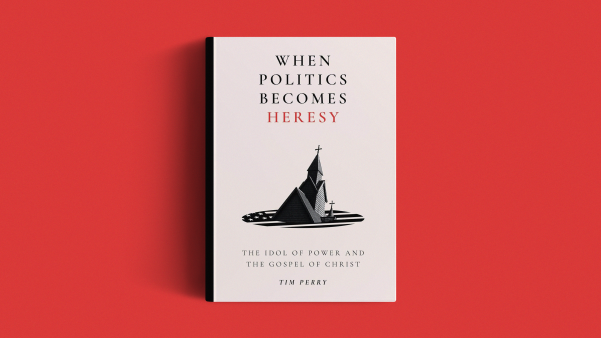
Marcus Nispel’s reboot of the Friday the 13th franchise grossed over $40 million this weekend, and in doing so, it set a few records.
For one thing, it scored the best opening weekend of any film so far this year. Its box-office haul ranks, in fact, as the best three-day weekend of any film since Twilight opened to $69.6 million in mid-November.
(Side note: The Christmas release Marley & Me opened on a Thursday, and it made $50.7 million by the end of its first Sunday; but its haul for the three-day period was $36.4 million. Friday the 13th was released on a four-day weekend too, since today is Presidents Day in the United States, but its estimated haul for the four days is only $45.2 million.)
The new film also scored the highest opening weekend of any horror movie ever, beating the $39.1 million earned by The Grudge (2004) in its first weekend; that film went on to gross $110.4 million overall. (Opening weekends aren’t everything, though; other horror movies have done better in the long run.)
Friday the 13th has also already managed to outgross every single one of its predecessors, with the exception of the cross-over film Freddy Vs. Jason, which earned $82.6 million in 2003.
Where will Friday the 13th go from here? Difficult to say.
There have been 135 other films that opened to over $40 million, and all but three of them grossed over $100 million when all was said and done. So it is certainly possible that Friday the 13th could pass the original Scream (1996, $103 million) as the top-grossing slasher film of all time.
On the other hand, the three exceptions to that rule – Scary Movie 4 (2006, $90.7 million), Cloverfield (2008, $80 million) and High School Musical 3: Senior Year (2008, $90.6 million) – are all sequels or genre flicks, both of which have a notorious tendency to open huge and drop off quickly. And Friday the 13th itself experienced a big drop between opening day and the rest of its first weekend, so it may not have much staying power either.
None of the above figures take inflation into account, of course, nor do they take into account the fluctuating exchange rate between the American and Canadian dollars. (The American studios consider Canada part of their “domestic” market, and for simplicity’s sake, the weekly top-ten reports count each Canadian dollar as equivalent to an American dollar.)
The original Friday the 13th made $39.8 million in 1980, and back then, that was good enough to be the 18th-highest-grossing movie of the year. Nowadays, however, grossing $100 million barely guarantees you a spot in the top 30. And it is very possible that the new film won’t even do that.
At any rate, the success of the new film, such as it is, is worth noting at a time when many people have been claiming that PG-rated movies are a much safer bet than R-rated movies.
As it happens, Friday the 13th is not the only R-rated success story in theatres at the moment. In fact, the film that has raked in the most money so far this year also happens to be R-rated. I refer, of course, to Clint Eastwood’s Gran Torino, which opened in a handful of theatres in December before going wide in early January; since New Year’s Day, it has grossed an estimated $124 million.
What these two movies share with PG-rated hits like Paul Blart: Mall Cop ($112.7 million since opening in mid-January) – and what movie studios are likely to notice – is not that any of these films had one rating or another, but that most, if not all, of them had low production budgets: Gran Torino cost $33 million to make, Paul Blart: Mall Cop cost $26 million and Friday the 13th cost $19 million, according to Box Office Mojo.
These films are thus low-risk investments and have the potential to break even while they are still playing in theatres, unlike most films which don’t turn a profit until they are released on home video, etc. And it is this economic reality, rather than the rating of any given film, that is likely to influence how future films are made.









